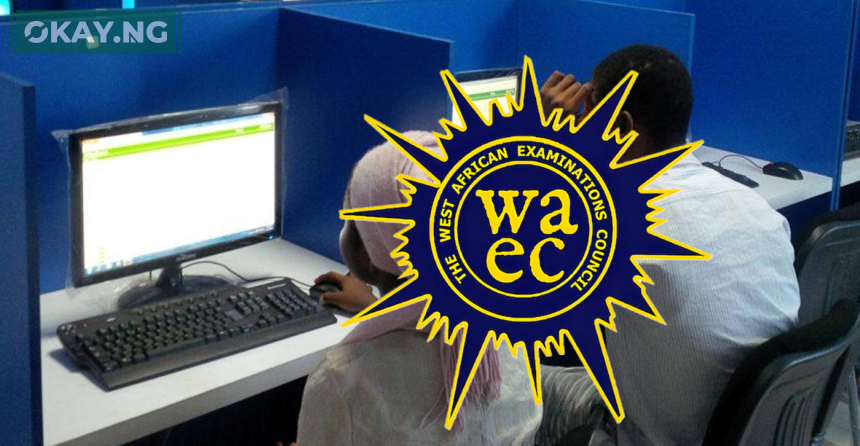The West African Examinations Council (WAEC) Nigeria has officially announced the implementation of a Computer-Based West African Senior School Certificate Examination (CB-WASSCE) for school candidates, commencing with the 2025 session, in a landmark move poised to redefine secondary school examinations in the region. This significant transition underscores WAEC’s commitment to leveraging modern technology to bolster the integrity and efficiency of its examination processes.
The announcement was made by Amos Dangut, the Head of the Nigeria National Office of WAEC, during a press briefing held on Thursday, April 17th, at the council’s national headquarters in Yaba, Lagos. Dangut emphasized the council’s proactive stance in embracing Information and Communications Technology (ICT) to address existing challenges and elevate service delivery for Nigerian students.
“As an organisation that believes in the use of modern Information and Communications Technology (ICT) to solve myriads of problems as well as improve service delivery to the Nigerian child, the council has introduced its maiden computer-based West African Senior School Certificate Examination (CB-WASSCE) for school candidates,” stated Dangut.
A key highlight of this digital transformation is the introduction of varied question sequencing for each candidate. “It will interest you to know that from this year, two candidates will not have the same questions on each number. We have adopted this innovation for some of the WASSCE codes,” Dangut revealed. This strategic measure is designed to significantly curb instances of examination malpractice, a persistent concern within the educational sector.
The 2025 WASSCE for school candidates is scheduled to span eight weeks and one day, commencing on Thursday, April 24th, and concluding on Friday, June 20th, across Nigeria. The sheer scale of the examination is evident in the registration figures, with a total of 1,973,253 candidates from 23,554 schools slated to participate. Notably, the gender distribution is almost evenly split, with 979,228 (49.63%) male and 994,025 (50.37%) female candidates, indicating a continued upward trend in both male and female participation compared to the previous year. The total candidature has also seen a substantial increase of 158,627 students.
Read Also: NABTEB Spearheads Digital Revolution to Combat Malpractice, Boost Efficiency
These candidates will be assessed across 74 subjects, encompassing 196 distinct papers. To ensure the smooth conduct of this massive undertaking, approximately 26,000 experienced senior secondary school teachers, nominated by various state ministries of education, will serve as supervisors.
Acknowledging the prevailing security challenges across the nation, Dangut assured the public of WAEC’s proactive measures in collaboration with law enforcement agencies. “The council has continued to partner with the Nigeria Police Force through the Inspector General of Police and the various state governments to provide adequate security to ensure the smooth and hitch-free conduct of the examination,” he affirmed, referencing past instances where potential security threats were effectively managed.
Furthermore, WAEC reiterated its unwavering stance against examination malpractice. Dangut stressed the council’s “zero tolerance” policy, revealing that over 700 schools have faced sanctions for various forms of misconduct. “The penalties for involvement in examination malpractice will always, without compromise, be meted out to erring candidates, supervisors, and schools, among others, as would be approved by the Nigeria Examinations Committee (NEC),” he asserted.
In a direct appeal to parents and guardians, Dangut cautioned against patronizing fraudulent websites that often proliferate during examination periods. “Parents are hereby cautioned to desist from patronising these evildoers who are hell-bent on frustrating the efforts of WAEC. They should have nothing to do with them, as that would only lead to the destruction of their children’s destiny,” he warned.
The introduction of the computer-based WASSCE marks a significant leap forward in Nigeria’s educational assessment landscape. By embracing technology and implementing robust security measures, WAEC aims to create a more equitable and credible examination system, ultimately safeguarding the future of Nigerian students. This transition not only reflects a commitment to global best practices in educational testing but also signals a new era of accountability and integrity in the West African school certificate examinations.













